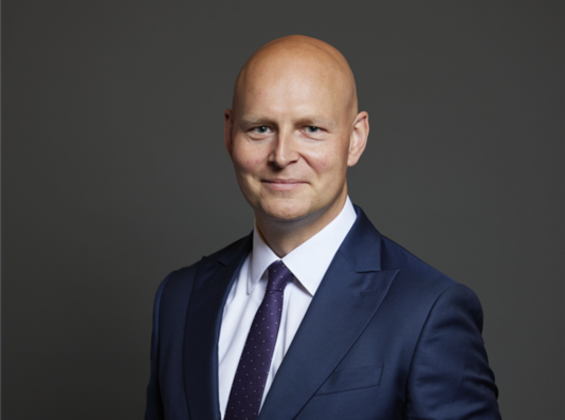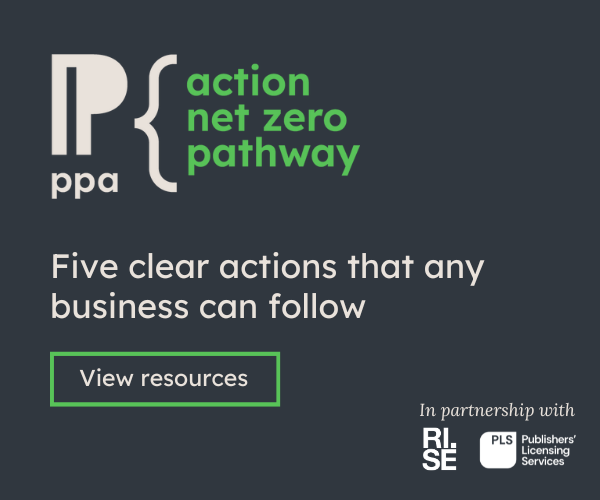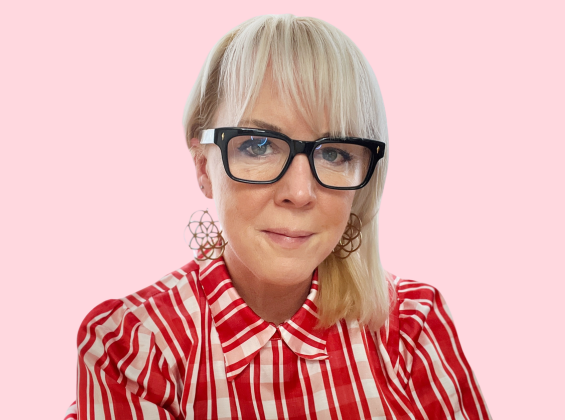What made you want to work in publishing?
From a Diversity and Inclusion angle, there is still a lot to be done within the publishing sector. I saw this as a real challenge. But ultimately it was Reach that I wanted to work for. There was ownership around D&I from the executive. I met Reach's CEO Jim Mullen and I could tell he was passionate and wanted change. It was the promise of a good partnership between us that got me really excited, I knew D&I was a priority at Reach, and change was going to happen.
Reach just announced it was joining the ‘30% Club’ – can you explain what this means, and the impact you think this is going to have on publishing?
Reach has explicitly committed to at least 30% women on its board and senior management team by 2023, while also committing to greater representation for people of colour; calling for one director of colour of every FTSE 100 by the end of 2021 and FTSE 250 by the end of 2024. I really hope this is a pivotal moment for the industry and we start to see other publishers committing to improving gender diversity.
How can publishers make their workforces more diverse and inclusive?
I think for starters publishers need to be honest and start from a place of learning, rather than knee-jerk reactions. I believe it's important to be clear about what your workforce make-up really looks like in order to put together an informed plan.
At Reach this year our colleagues have been providing us with information that by the end of the year will give us a much better indication of where we are. We've established a more inclusive hiring process, and we're mentoring and supporting the talent we already have so that we can build a sustainable pipeline of diverse talent. But for change to really happen, you have to galvanise your workforce.
I think it's also helpful to work closely with partner organisations who have a lot of expertise and insight to share, we're working closely with myGwork, Inclusive Companies, Women's Sport Trust, and PurpleSpace (to name just a few). We have also signed the Race at Work Charter to ensure that ethnic minority employees are represented at all levels at Reach.
Conversations about diversity and inclusion are happening across all industries, not just publishing, how do you make sure that this is always a priority?
It's no secret that greater diversity is good for business. For change to happen, and for diversity and inclusion to be a priority there has to be support from senior leaders. At Reach, our executive team are all fully committed to D&I and sponsor our Inclusion networks, which in turn help all our colleagues to thrive and reach their full potential.
The pandemic undoubtedly hit people from minority groups the hardest, but also created the space for people to engage in conversations about diversity and inclusion, particularly around race – do you think this change in narrative is going to impact long term positive change?
The pandemic has had a profound effect on business and for progressive companies like Reach it meant that D&I became business critical. Increased awareness of the realities of the pandemic for minority groups motivated people like never before. There was a significant shift in attitudes and focus across the business, which I hope leads to long term positive change.
Your career and research have had a predominant focus on raising the profile of women in the workplace – what is one piece of advice you would give to women wanting to advance their careers?
I would encourage every woman to be seen. Understand your personal brand – what is it that you bring to the table that nobody else does? Know it and believe it.
I'd encourage women to find a passion too, and follow it. I was passionate about how having children affected women's careers, and that was what I studied for my PHD, when I was in my late forties. It's never too late to learn, and that knowledge will always enhance your career.
Finally, I am a huge fan of mentoring, which is why I'm so passionate about the 30% club. I was a mentee myself, and received some of the best advice of my career through that relationship.
What magazine do you stockpile?
Harvard Business Review.
What’s on your radar?
I've noticed a real trend for targets, but I worry executive led targets mean there is a disconnect with your people. At Reach we've implemented Inclusion Action Plans for managers so they have real ownership over the goals they are working towards. D&I shouldn't be a top down instruction, motivating your workforce so everybody is aligned on D&I is essential.
I'm excited about our Reach Inclusion week – which will be bringing D&I into focus across the business. We have so much planned, from inclusive hiring workshops to panel discussions and connect and learn sessions for everybody across Reach.









